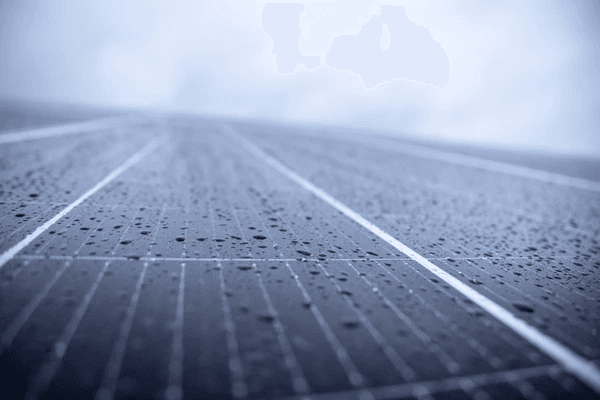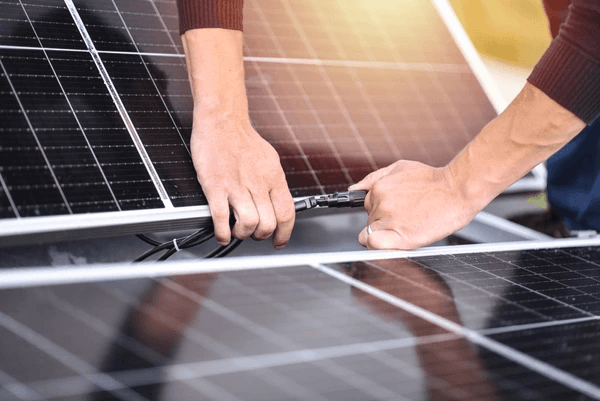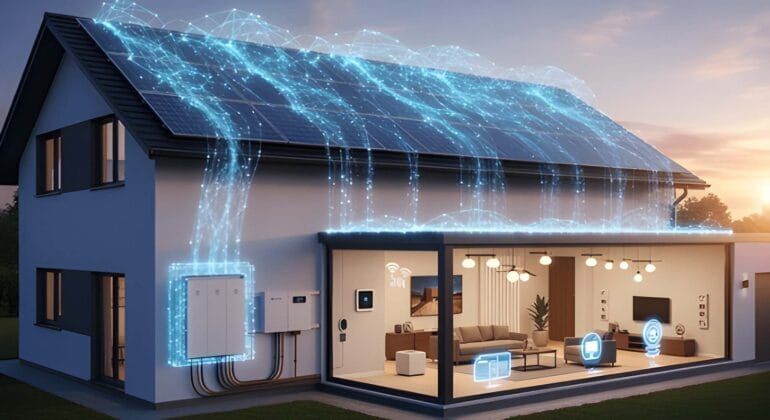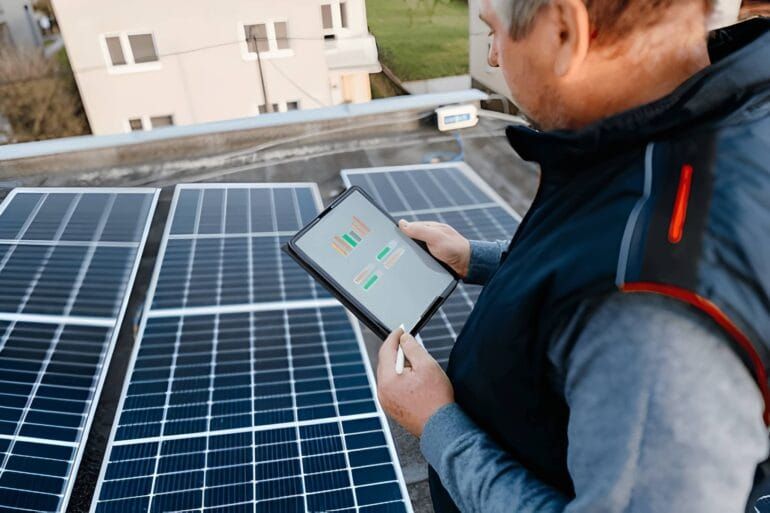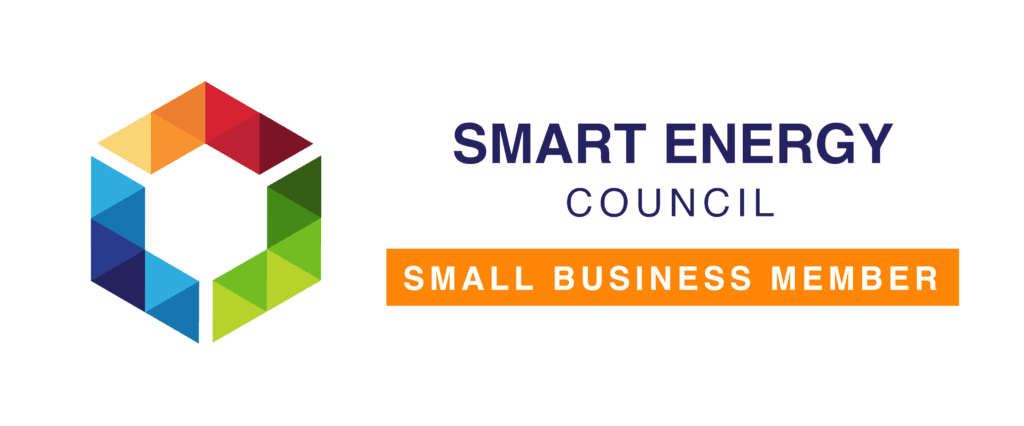When you think of renewable energy, what comes to mind? Solar power probably springs to mind. Installation of Solar panels for homeowners cost does not affects its tremendous growing rate and for good reason. Not only are solar panels a great way to reduce your carbon footprint, but they also make it possible to generate your own renewable energy while reducing your monthly utility bills. If you’re an eco-conscious homeowner who wants to cut back on their carbon footprint and save money on monthly bills in the process, installing solar panels is a great idea!
How much do solar panels for homeowners cost?
The price of solar panels depends on the wattage of the panel, the size of the system (number of panels), and the manufacturer. You can expect to spend anywhere from $5,000 to $30,000 from a small range to an average-sized system.
This cost usually includes mounting the panels to your roof, wiring the panels to your electrical panel, and installing an inverter (which converts DC electricity to AC).
When you factor in the energy savings you’ll get over the lifetime of your solar panels, the up-front cost of solar panels is relatively low. So even if you’re on a tight budget, solar panels are a great investment.
What’s included in the price of solar panels for homeowners?
The price of solar panels includes everything you need to set up a solar energy system. This includes the panels themselves, wiring, the inverter that converts DC to AC, and the installation.
If you’ve decided on a solar energy system and want to know what the price is, call up a few solar installation companies in your area and get some quotes.
You’ll be able to see what the price is for everything you need for your solar energy system. The price of solar panels also includes the permits, engineering, and inspection fees that are required by your state to ensure your panels are installed properly.
Why is the installation cost so high?
The installation cost is typically more than the price you pay for the actual solar panels. This is because the company has to hire an engineer, a construction crew, and a roofing contractor to install your panels.
If you do the solar panel installation yourself, you can expect to spend between $2,000 and $5,000. In general, solar panel installation is a licensed job for a reason.
If the installation is done incorrectly, you could be putting yourself and your family in danger. In addition, if your panels aren’t installed correctly, you won’t get any energy savings.
Rebate programs offered by your state
If you’re on the fence about whether solar panels are a good investment for you, look into the rebate programs offered by your state.
Many states offer rebates and grant solar panels for homeowners who purchase solar energy systems. In Australia, for example, the state government offers rebates on the purchase and installation of solar panels.
In some cases, you might even be able to get free solar panels. The good news is that many state governments are increasing their rebates and grants as they realize the importance of renewable energy.
Many governments are even considering mandating that solar panels be installed on new buildings.
Net Present Value (NPV) and Return on Investment (ROI)
NPV is a method used to calculate how much money you’ll save over the lifetime of your solar panels. You can use this method to see whether or not solar panels are a good investment for you.
NPV is useful because it’s a way to calculate your Return on Investment (ROI) as you go. You can see how much money you’re saving over time, even before your panels are paid off.
The easiest way to calculate your NPV is to use an online calculator. You can enter information about your solar panels and your electricity costs to get an idea of how much you’ll save over time.
Solar Panels for Homeowners is It for you?
Solar panels are a great investment for eco-conscious homeowners who want to reduce their carbon footprint and their monthly utility bills. However, you shouldn’t get solar panels if you’re trying to make a quick buck.
Solar panels take time to pay off. In some cases, they take as long as 20 years! However, when they do pay off, you’ll have free energy for the rest of your life!
When it comes to solar panels for homeowners, the cost can vary depending on several factors. While it’s difficult to provide an exact cost without specific details, I can give you a general idea of the expenses involved.
Components on which Solar Panels Cost depends
The cost of solar panels for homeowners also includes the following components:
Solar Panel System
This includes the solar panels themselves, which convert sunlight into electricity. The cost depends on the size of the system, measured in kilowatts (kW), and the type of panels used. Higher-quality panels or those with advanced features may be more expensive but can offer better efficiency and durability.
Installation
The installation cost involves the labor and equipment required to set up the solar panel system on your property. This can include mounting the panels on the roof or ground, wiring, and connecting the system to your electrical panel. The complexity of the installation, such as the roof type and system configuration, can impact the installation cost.
Inverter
Solar panels generate direct current (DC) electricity, which needs to be converted into alternating current (AC) electricity for use in your home. An inverter performs this conversion. The cost of inverters can vary based on their capacity and efficiency.
Mounting and Racking
These are the structures and hardware used to securely mount the solar panels to your roof or ground. The cost depends on the type and quality of the mounting system needed for your specific installation.
Electrical Components
Additional electrical components, such as wiring, circuit breakers, and other accessories, are required to connect the solar panel system to your home’s electrical system. The cost of these components depends on the complexity and size of the installation.
Permitting and Inspection
Before installing solar panels, homeowners typically need to obtain permits and undergo inspections to ensure compliance with local regulations. The cost may vary depending on your location and the specific requirements in your area.
Factors that Influence Solar Panels Cost
Energy Consumption
The amount of electricity you currently consume plays a role in determining the size of the solar panel system you’ll need. Homes with higher energy consumption may require a larger system, which can increase the overall cost.
Location and Sunlight Availability
The amount of sunlight your property receives affects the efficiency and productivity of the solar panels. Properties in sunnier regions generally yield more energy, which can impact the system size and, consequently, the cost.
Incentives and Rebates
Government incentives, tax credits, and rebates can significantly reduce the cost of installing solar panels. These incentives vary depending on your location, so it’s worth exploring what financial benefits may be available to you.
Financing Options
Many solar installation companies offer financing options to make the upfront cost more manageable. This could include solar loans, leasing arrangements, or power purchase agreements (PPAs). Each option has its own cost structure, which can affect the overall expense.
Maintenance and Warranty
Consider the long-term costs associated with maintaining and monitoring your solar panel system. While solar panels generally require minimal maintenance, it’s important to account for any potential expenses or warranties provided by the manufacturer or installer.
Conclusion
It’s worth noting that the cost of solar panels has decreased over the years due to technological advancements and increased market competition. As a result, solar energy has become more affordable and accessible for homeowners.
To get the most accurate and personalized cost estimate for solar panels, it’s recommended to consult with reputable solar installation companies or professionals in your area. They can assess your specific circumstances, consider local factors, and provide detailed information on the total cost, potential savings, and return on investment.
Investing in solar panels can provide numerous benefits, including reduced electricity bills, lower carbon footprint, increased property value, and energy independence. Evaluating the costs and potential savings will help you make an informed decision about installing solar panels for your home.
Frequently Asked Questions
Q: How much does it typically cost to install solar panels for a home?
A: The cost of installing solar panels for a home can vary depending on several factors, such as the size of the system, location, and quality of panels. On average, homeowners can expect to pay around $3,500 per kilowatt (kW) for a residential solar installation.
Q: Are there any financial incentives or rebates available for installing solar panels?
A: Yes, there are often financial incentives and rebates available to homeowners who install solar panels. These can include federal tax credits, state or local incentives, net metering programs, and solar renewable energy certificates (SRECs). These incentives can help offset the overall cost of installation.
Q: Can solar panels help reduce my monthly electricity bills?
A: Yes, solar panels can help reduce your monthly electricity bills by generating clean and renewable energy. By producing your own electricity, you rely less on the grid, resulting in lower utility bills. The exact savings will depend on your energy consumption and the size of the solar system.
Q: What maintenance is required for solar panels, and does it add to the overall cost?
A: Solar panels require minimal maintenance. Regular cleaning to remove dust and debris is recommended, and occasional inspections for any damage or malfunctions are important. Maintenance costs are typically low and should be factored into the overall investment.
Q: How long do solar panels typically last?
A: Solar panels are designed to be durable and can last for 25 to 30 years or more. Many manufacturers offer warranties ranging from 20 to 25 years, ensuring the performance and efficiency of the panels.
Q: Can I sell excess electricity generated by my solar panels back to the grid?
A: Yes, if your solar system is connected to the grid and your utility company offers a net metering program, you can sell any excess electricity back to the grid, effectively earning credits on your electricity bill. This helps further offset the cost of your solar installation.

